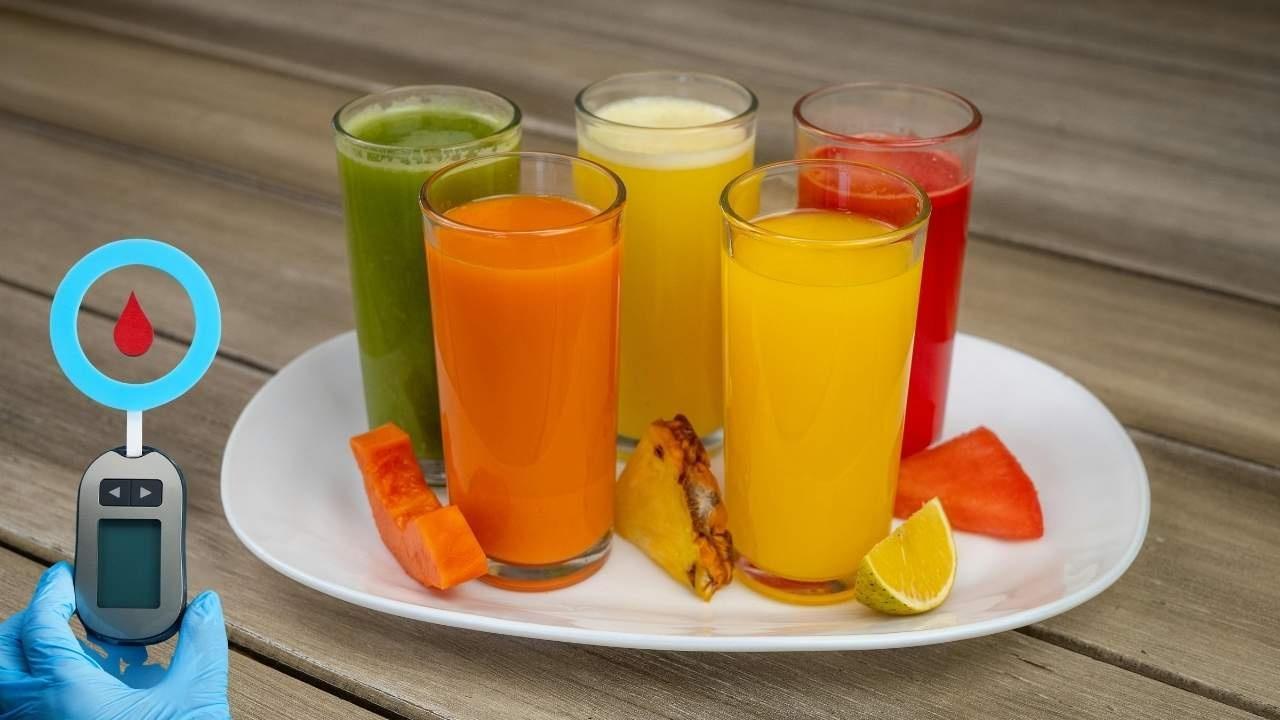
Post by : Mikhael Nasser
For individuals managing diabetes, selecting the right juice can be challenging. While made from fruits and vegetables, juices may raise blood sugar more rapidly than whole fruits. This leads many to question: Are juices suitable for my diet? If so, which varieties should I opt for?
This straightforward guide simplifies the complexity, illustrating which juices fit safely within a diabetic eating plan and which should be limited or avoided.
Although juice is abundant in vitamins and minerals, it’s crucial to note that it also carries natural sugars. When fruits are juiced, the fiber is stripped away, a substance that normally aids in moderating sugar absorption. As a result, sugars can spike quickly in the bloodstream.
This swift increase in sugar levels can result in:
Rapid rises in blood glucose
Fatigue or low energy
Dizziness
Persistent thirst
Hunger returning shortly after consumption
However, this doesn’t mean that juice is off-limits for diabetics. It simply indicates the need to select wisely, monitor portion sizes, and pick juices that won’t trigger major sugar spikes.
The following juices are deemed safer due to their lower sugar content and dense nutrient profiles.
Vegetable juices rank as the safest for diabetics, typically containing minimal sugar. Recommended options include:
Spinach
Cucumber
Tomato
Celery
These juices rejuvenate, deliver essential nutrients, and do not lead to rapid blood sugar increases. Adding lemon or ginger can enhance flavor without increasing sugar content.
Karela juice, with its naturally bitter profile, is powerful for blood sugar regulation, supporting the body’s insulin use. A small morning serving can be quite beneficial.
Amla is rich in Vitamin C and supports pancreas health. A modest glass mixed with water is generally sufficient.
Create a refreshing, low-sugar green juice with:
Spinach
Lettuce
Cucumber
Mint
This blend helps keep the body hydrated while stabilizing sugar levels.
Watermelon is naturally sweet but highly hydrating. Enjoy a small, diluted half cup occasionally, focusing on controlled portions.
While some juices may appear healthy, they can rapidly increase blood sugar. Consumption should be rare or avoided entirely.
Fresh orange juice contains considerable natural sugar. If consumed, portion sizes should be minimal, and only freshly squeezed options are recommended.
Apple juice lacks fiber and may spike blood sugar levels quickly. It’s safer to consume a whole apple than its juice.
Grape juice is among the sweetest fruit options, often leading to sharp sugar spikes. It’s advisable for diabetics to steer clear of it.
Juices sold in bottles, cans, or boxes often include:
Added sugars
Preservatives
Synthetic flavors
These ingredients can be detrimental for diabetics and should be avoided.
You don’t have to eliminate juice entirely. Here are some easy guidelines to ensure safer consumption:
Dilute juice with water to reduce sugar concentration
Limit servings to a maximum of half a cup
Incorporate chia seeds for added fiber
Consume juice with meals, not in isolation
Prepare juice at home rather than purchasing
Sip slowly instead of drinking quickly
These practices help regulate how swiftly sugar enters the bloodstream.
Typically, whole fruits are the superior choice. This is primarily because fiber moderates sugar release, aiding diabetics in management.
For instance:
One orange is acceptable
A glass of orange juice may be problematic
The fiber in whole fruits serves as a natural safeguard against sugar spikes.
Despite the need for restrictions, juice may serve a purpose in one circumstance: low blood sugar (hypoglycemia).
In cases where levels dip too low, a small quantity of fresh juice can rapidly elevate them back to normal. However, this should only be done in emergencies—never as a routine.
Juice can maintain a role in a diabetic lifestyle as long as selections are made thoughtfully and consumption is limited. Vegetable-based options are the safest, while sugary fruit juices should be minimized. With intelligent choices and portion control, diabetics can enjoy juice while safeguarding their health.
This article is intended for general educational purposes and does not substitute professional medical advice. Diabetics have diverse health requirements, and individual tolerance for juice may vary. Always consult healthcare professionals, such as doctors, dietitians, or certified diabetes educators, before altering your diet or routine. The guidance provided here is for informational purposes only and should be considered with the advice of a professional when needed.










Mattel Revives Masters of the Universe Action Figures Ahead of Film Launch
Mattel is reintroducing Masters of the Universe figures in line with its upcoming film, tapping into

China Executes 11 Members of Criminal Clan Linked to Myanmar Scam
China has executed 11 criminals associated with the Ming family, known for major scams and human tra

US Issues Alarm to Iran as Military Forces Deploy in Gulf Region
With a significant military presence in the Gulf, Trump urges Iran to negotiate a nuclear deal or fa

Copper Prices Reach Unprecedented Highs Amid Geopolitical Turmoil
Copper prices soar to all-time highs as geopolitical tensions and a weakening dollar boost investor

New Zealand Secures First Win Against India, Triumph by 50 Runs
New Zealand won the 4th T20I against India by 50 runs in Vizag. Despite Dube's impressive 65, India